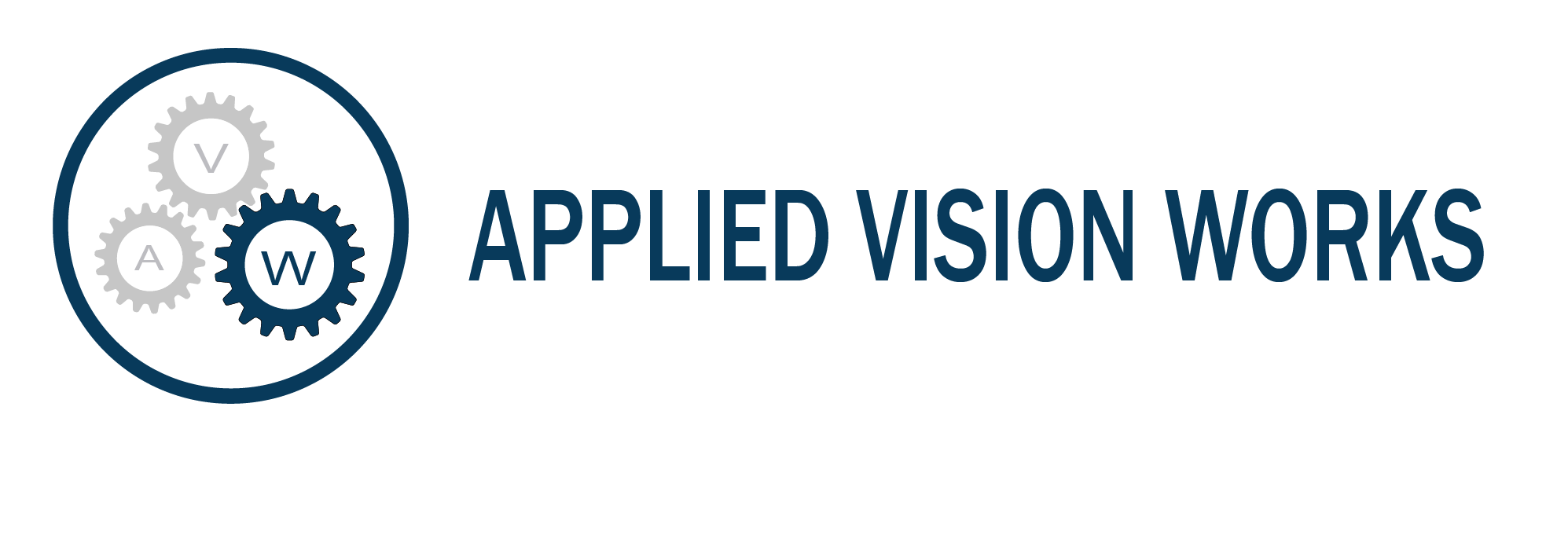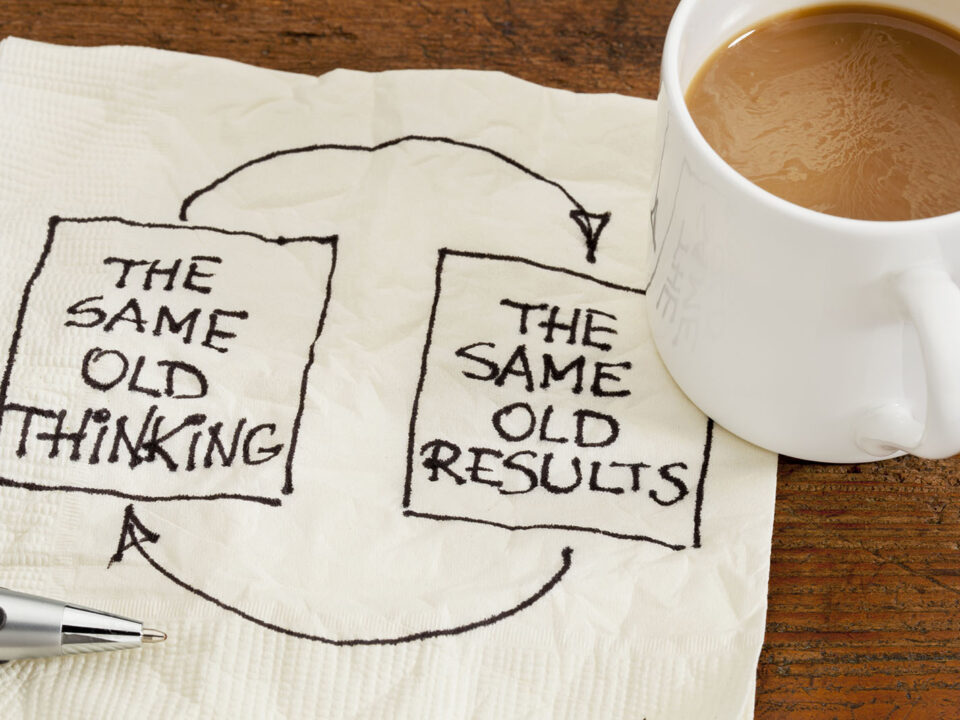
A Tale of Two Managers (The Reality of Up and Coming Leaders)

Overcoming A, B, C Employee Ratings: Response to Wall Street Journal Article from 2/21/07
Relationship Coaching: Advice on How to Attain Your Goals
Executive coaching isn’t just for executives anymore. Every day, we all engage with other people to accomplish things, whether at work or at home. The principles that apply to business world coaching easily translate to other types of relationships.
All relationships come down to a few basic factors, the biggest of which are trust, honesty and dependability. In other words, each of the parties clearly states their needs and wants, knows the other person will work hard to help them and will “show up” even when things are tough. Are you building relationships effectively and coaching others to do the same?
Signs of great relationships and coaching best practices:
- Ask questions that help clarify the situation, problem or issue
Sometimes what a person is saying is not the true cause of their dissatisfaction. What sounds like a complaint about a specific customer’s payment patterns could really be more about the company’s accounting system limitations. When your spouse is annoyed that you didn’t take the garbage out, perhaps it’s really that s/he is feeling underappreciated for all they do. Finding the root cause through asking questions will help the other person identify the true issue and clarify what the solution(s) might be. Coaching through asking questions helps the other party feel their emotions while also deciding on logical actions to take.
- Give recommendations, observations, feedback and collaboration – even when the message being delivered is difficult to hear
This is the role of an advisor. Truly good financial planners do this for their clients all the time by assessing a client’s goals and the resources available to achieve them. Sometimes savings don’t match up with reality when it comes to college costs or retirement – and they have to deliver the bad news that Junior won’t be going to Harvard or retirement is really 7 years off, not eighteen months away. Maybe you are holding onto a stock because of sentimental reasons (your late grandfather gave it to you) instead of logical ones. Not sure you want to go for the promotion that comes with more responsibilities? Talk it through with a trusted colleague who can work through your strengths and weaknesses in the new role so you can be ready for the tough interview questions from upper management. While the person may not appreciate this type of coaching in the moment, they do typically provide thanks for it later.
- Continually grow and develop capabilities, as well as the abilities of those around them
You know you’ve got a great friend/colleague/associate when you see them consistently going outside their comfort zone to stretch themselves, gain wisdom, take advice from others and ensure that those around them do the same. Relationships evolve over time and people tend to associate with others who strive for more in their lives. Learning and adapting applies to both personal and professional lives, to increase fulfillment and take advantage of opportunities for advancement. The Pew Research Center has identified multiple payoffs for lifelong learners:
A) Personal Learners – Among Adults who pursued personal learning activities, percent who say their learning…
 *74% of adults who participated in some kind of personal enrichment activities in the past 12 months.
*74% of adults who participated in some kind of personal enrichment activities in the past 12 months.
B) Professional Learners – Among Adults who pursued professional learning activities, percent who say their learning…
 *63% of full and part-time workers or 36% of all adults. These learners took a course or got training in the past 12 months for job-related pursuits.
*63% of full and part-time workers or 36% of all adults. These learners took a course or got training in the past 12 months for job-related pursuits.
Coaching doesn’t have to be formal or structured and it always improves relationships.
If your organization has coaching needs for your leaders, contact our expert guides at 1-800-786-4332 or email info@appliedvisionworks.com. It only takes 30 minutes to get started!
For more information about Coaching read our article, “Not Just A First Quarter Play: Executive Coaching Plans That Adapt To The Lifecycle Of A Leadership Career” or watch the the video, “Coaching – You Can Do It”.






